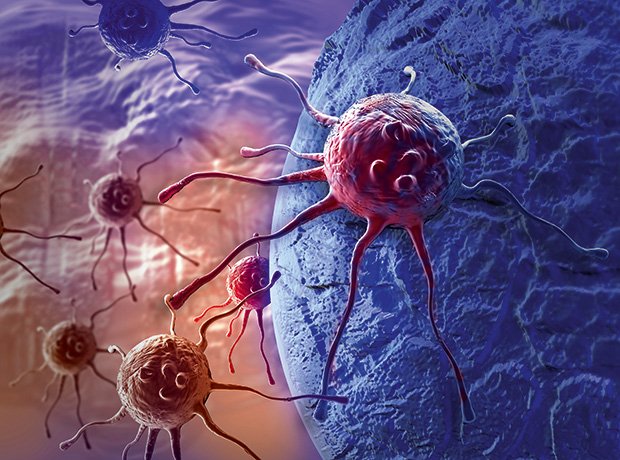Clinical trial reveals positive results for treating children with rare gliomas

Tafinlar and Mekinist led to a 56% overall response rate in children with BM-HGG
University College London (UCL) and Great Ormond Street Hospital (GOSH) have published the successful results from a phase 2 clinical trial to treat BRAF-mutated low-grade paediatric gliomas.
Mutations in the BRAF gene are present in around 15-20% of paediatric low-grade gliomas and around 5-10% of high-grade gliomas, a cancerous brain tumour, in children.
Where full surgical removal is not possible for children with paediatric low-grade gliomas, additional treatment such as chemotherapy is required, which can cause multiple relapses, further disease progression and serious side effects.
Published in the New England Journal of Medicine and the Journal of Clinical Oncology, the trial treated 73 children with BRAF-mutated low-grade gliomas (BM-LGG) with a combination of Novartis’ Tafinlar (dabrafenib) and Mekinist (trametinib).
After comparing patients treated with the therapies to 37 patients who were treated with standard chemotherapy drugs, researchers found that the treatment lessened the chemotherapy effects in patients and improved overall response rates by over four-fold.
Additionally, an increased median progression-free survival occurred from 7.4 months with chemotherapy to 20.1 months with the new treatment.
In a second study, 41 children who had previously received treatment for their BRAF-mutated high-grade gliomas (BM-HGG) received the combination therapy, which led to 56% of patients responding to overall treatment, with a median response time of 22.2 months.
Evidence from both trials is now being used as part of the National Institute for Health and Care Excellence’s scoping review to appraise the clinical and cost-effectiveness of the treatments.
Professor Darren Hargrave, from UCL Great Ormond Street Institute of Child Health and GOSH, said: “The results of these studies highlight how targeted drug therapies can offer patients new treatment avenues that not only improve outcomes but reduce the side effects often associated with cancer therapies.”
Novartis’ combination therapy previously received approval by the US Food and Drug Administration earlier in March for paediatric patients aged one year or older with low-grade glioma with a BRAF mutation.
Source link
#Clinical #trial #reveals #positive #results #treating #children #rare #gliomas